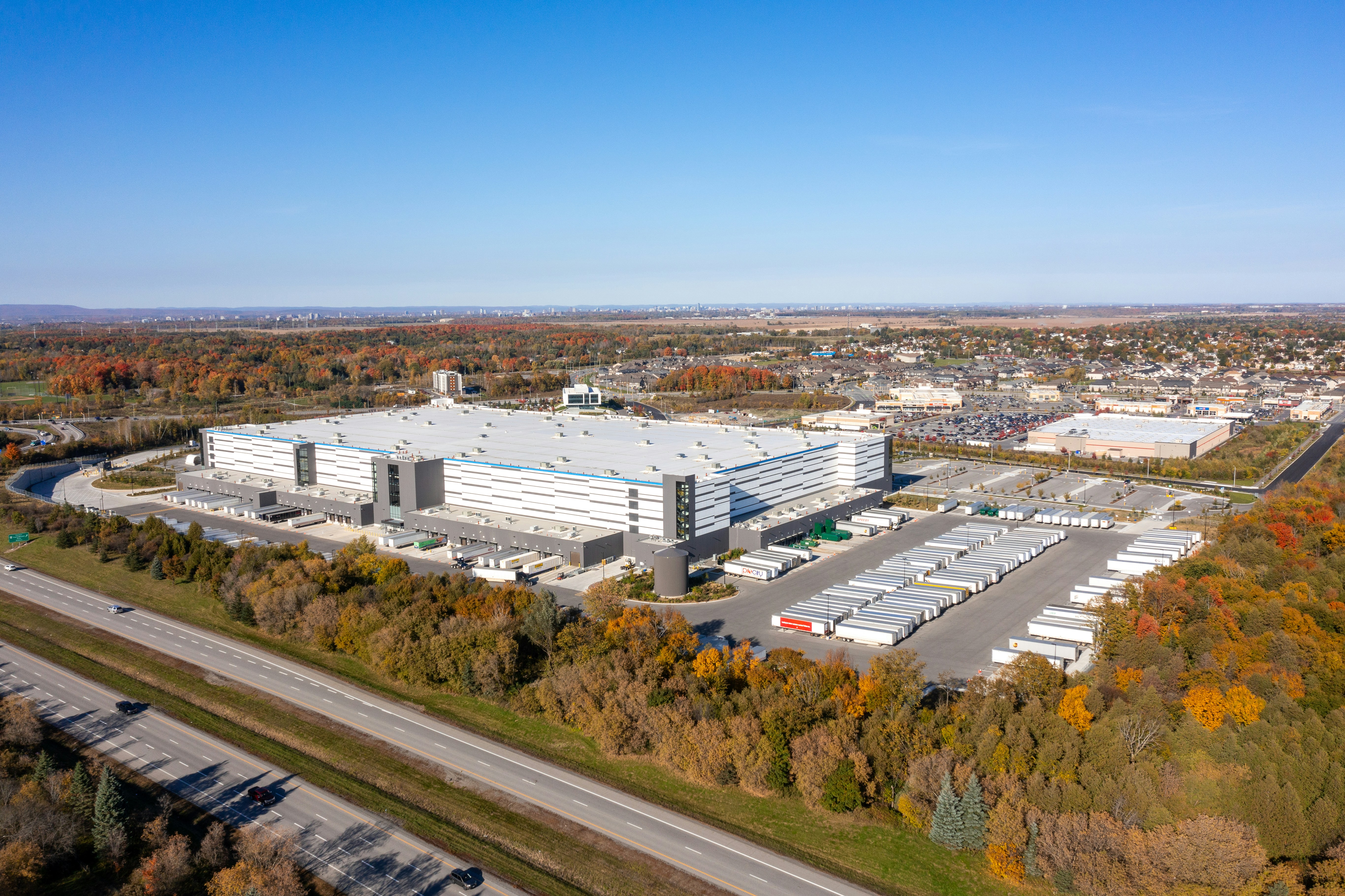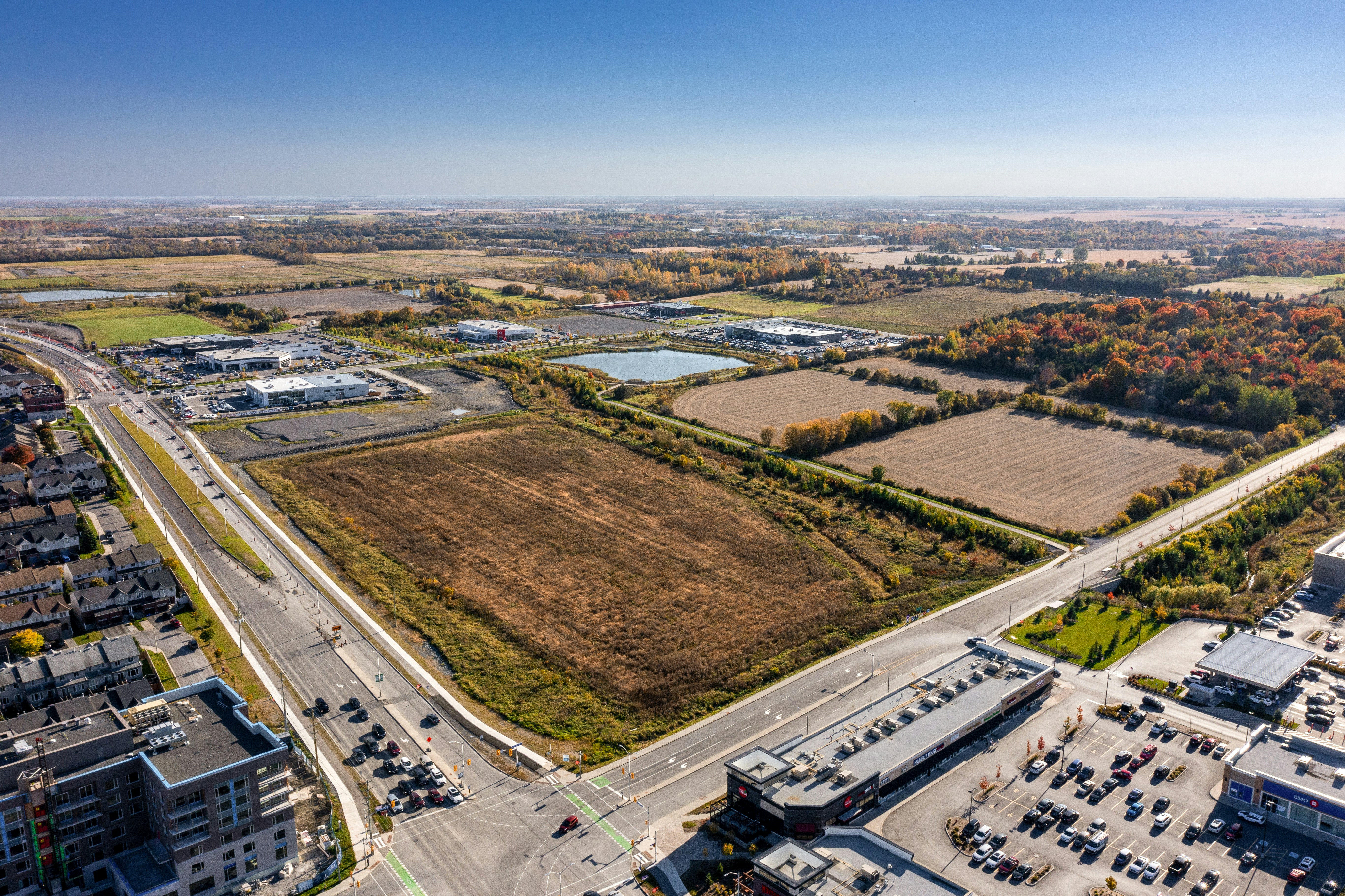

Commercial property management stands as a pillar of stability and efficiency. At the heart of this crucial field are commercial property managers, professionals who play an indispensable role in ensuring the smooth operation and profitability of commercial properties. Their roles and responsibilities are multifaceted, requiring a blend of skills that range from financial acumen to interpersonal finesse.
A primary responsibility of a commercial property manager is to oversee the daily operations of properties such as office buildings, retail spaces, or industrial complexes. This involves regular maintenance and inspections to ensure that facilities are safe, up-to-date, and in compliance with local regulations. Managers must coordinate repairs and improvements, working closely with contractors and service providers to maintain high standards.
Commercial property management operates within a complex legal framework that varies by jurisdiction. Professionals in this field must have a thorough understanding of local, state, and federal laws to effectively manage properties and avoid legal pitfalls. This includes knowledge of zoning laws, building codes, and health and safety regulations. Staying abreast of legislative changes is crucial as these can directly impact property operations, lease agreements, and tenant relations.
Lease agreements are fundamental documents in commercial property management that require careful attention to detail. These contracts must comply with relevant legal standards while clearly outlining terms for both landlords and tenants. Managers should ensure leases include clauses addressing rent increases, maintenance responsibilities, and dispute resolution processes. Additionally, fostering positive tenant relations can mitigate potential disputes; thus, understanding tenant rights under local law is essential for maintaining harmonious interactions.

Managing residential and commercial properties presents distinct challenges and requires different skill sets, yet both share the core objective of maintaining and enhancing the value of real estate assets.. Understanding these differences is crucial for anyone considering a career in property management or investing in real estate.
Posted by on 2024-10-07

Transforming rental properties into passive income goldmines is a journey that combines strategic planning, savvy investment, and a touch of entrepreneurial spirit.. The idea of earning money while you sleep is an enticing prospect for many, and with the right approach, rental properties can indeed become a reliable source of passive income.
Posted by on 2024-10-07

Unlocking the Secrets of Stress-Free Property Management Success In the bustling world of property management, stress often seems like an unavoidable companion.. Whether you're managing a single rental property or overseeing a portfolio of numerous units, the challenges can feel overwhelming.
Posted by on 2024-10-07

The role of a property manager in real estate is both multifaceted and indispensable, serving as the linchpin in the dynamic world of property management.. At its core, a property manager acts as the bridge between property owners and tenants, ensuring that properties are not only maintained but also thrive as profitable investments.
Posted by on 2024-10-07
Effective financial management for commercial properties begins with strategic planning and analysis. Property managers must have a deep understanding of market trends, tenant expectations, and economic indicators to make informed decisions. This involves conducting thorough market research to set competitive rental rates, assessing property valuations, and identifying potential investment opportunities. By forecasting revenues and expenses accurately, managers can devise strategies that align with the property's long-term financial goals. The ability to anticipate changes in the market environment allows property managers to adjust their strategies proactively, ensuring sustained profitability.
Developing a comprehensive budget is crucial for managing commercial properties effectively. This process includes projecting income from various sources such as rent, amenities, and ancillary services while accounting for all expected costs like maintenance, insurance, taxes, and utilities. A well-structured budget acts as a roadmap for financial decision-making throughout the fiscal year. Once the budget is established, it must be implemented rigorously with regular monitoring to ensure adherence. Adjustments may be necessary in response to unforeseen circumstances or changing market conditions; thus, flexibility within the budgeting process is essential for maintaining financial stability.


Sustainability has become a crucial factor in commercial property management, influencing decision-makers to adopt eco-friendly practices. As environmental concerns rise, companies are increasingly prioritizing sustainability to enhance their brand image and comply with regulations. This shift not only addresses ecological impacts but also offers significant economic advantages. By integrating sustainable strategies into property management, businesses can reduce operating costs, increase asset value, and attract environmentally conscious tenants.
Energy efficiency stands at the heart of green building practices within commercial properties. Implementing energy-efficient systems such as LED lighting, high-efficiency HVAC units, and smart meters can significantly lower energy consumption. Moreover, using renewable energy sources like solar panels further decreases reliance on non-renewable resources. These measures not only cut down utility expenses but also contribute to a healthier planet by reducing carbon footprints.
A commercial property manager oversees the daily operations of commercial properties, including leasing, maintenance, tenant relations, rent collection, and ensuring compliance with local laws.
Commercial property managers handle complex leases and larger spaces like offices or retail centers, focusing on business needs and legal requirements specific to commercial real estate.
Common challenges include maintaining high occupancy rates, dealing with diverse tenant needs, handling lease negotiations, and managing operational costs effectively.
Rental rates are determined by analyzing market trends, location desirability, property condition, amenities offered, and comparing similar properties in the area.
Technologies like property management software platforms streamline processes such as lease administration, maintenance requests tracking, financial reporting, and communication with tenants.